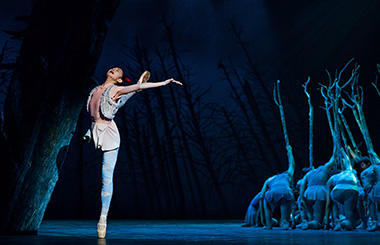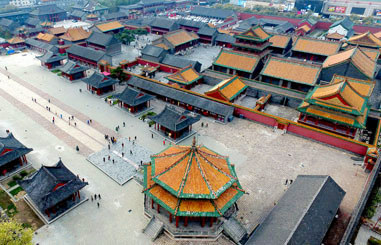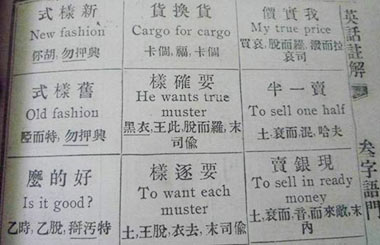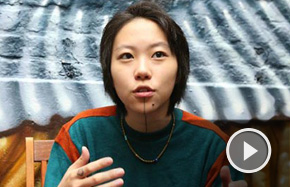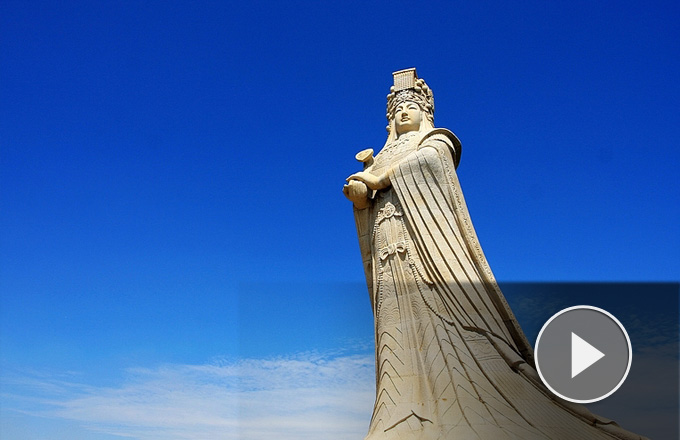China reserves right to recover illegally looted cultural relics
China reserves the right to recover any Chinese cultural relics confirmed to have been illegally looted, the State Administration of Cultural Heritage (SACH) said Friday.
"We consistently oppose to and denounce sales of illegally looted cultural relics. We hope that organizations and individuals honor the spirit of international conventions, respect the feelings of the people from the relics' original countries, while avoiding sales and commercial exploration of such relics," the SACH said in a statement.
The SACH recently issued regulations to ban domestic auctions of Chinese cultural relics that were looted illegally in history.
The SACH has successfully prevented a Japanese auction of looted Chinese cultural relics, according to its statement released to Xinhua on Thursday.
The statement did not include the name of the Japanese auction house, nor details of the relics.
It said the SACH had learned from local media reports that a Japanese auction house planned to put several looted Chinese cultural relics on auction at the end of October.
The SACH immediately contacted the auction company, demanding it halt the sale. Upon investigation, the company decided to cancel the auction, according to the statement.
An unratified letter widely circulated on the Internet, purportedly sent by the SACH to the Yokohama-based Japanese auction house, said that the relics, "illegally obtained by Otani Kozui and his fellows," included a few pieces of mural and handwritten Buddhist manuscripts dated from the Tang Dynasty (618-907).
From 1902 to 1914, Otani Kozui, a Japanese Buddhist and explorer, led or financed three expeditions to northwest China, including Dunhuang, according to "Central Asian Expedition," a book by Zuicho Tachibana, who took part in the trips.
"In recent years this position has gained increasing understanding and support," the SACH statement said.
Many Chinese cultural relics were looted during the 19th and early 20th centuries and remain a pain in the memory of Chinese. Auctions of the relics overseas continue to tug at the people's heartstrings.
In 2009, Christie's put a bronze rabbit head and a bronze rat head in an auction in Paris. The heads were from a fountain clock at Yuanmingyuan, or the Old Summer Palace, the royal garden built in the 18th and 19th centuries during the Qing Dynasty (1644-1911). This architectural wonder of its age was plundered and destroyed by British and French forces in 1860. The auction triggered wide criticism in China as a new wound onto the old scar.
A Chinese collector won the bid for each of the heads at 14 million euros ($17.92 million) but announced his refusal to pay the money at a later press conference. The Pinault family in France purchased the heads and returned them to China in 2013.
Related:
China prevents auction of looted relics in Japan
Experts call for more efforts in cultural heritage protection at Beijing forum








